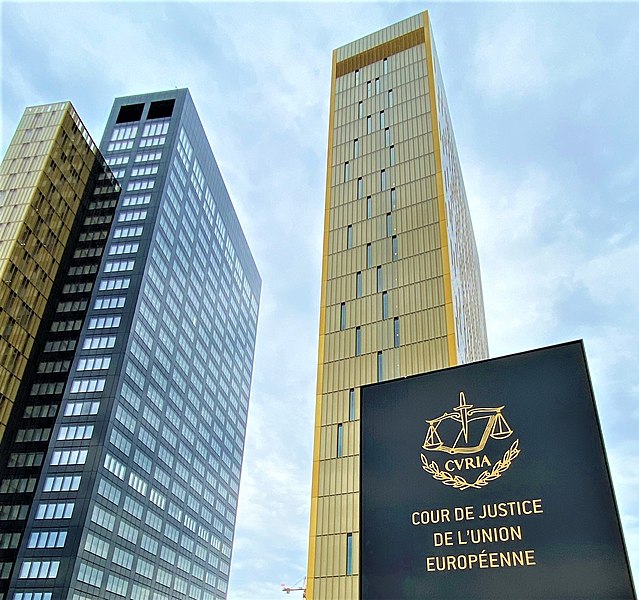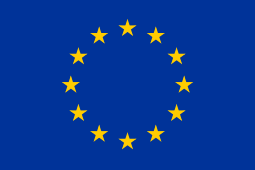Latest blog articles
-
In the digital economy, algorithms are the new air- they are everywhere, essential for survival online. Algorithms manage every keystroke, every search, every step on the web. Algorithms are a sequence of instructions to solve a problem and take decisions. Online platforms use algorithms in every...
-
As we all can experience in our daily basis, we are living through the age of digitalization. Goods that were formerly tangible (as paperback books) or that at least had a tangible medium (as cartridge-based videogames), are now available in full-digital versions. Moreover, many physical goods are...
-
Article 17 Digital Single Market Directive necessitated many online platforms to have an upload filter to prevent copyright infringements. The rationale behind this was to solve the ‘value gap’ that the music industry believed to exist between revenues generated by music-streaming platforms and...
-
Disruptions of supply—as opposed to refusals to supply—are a suitable qualification for the ‘open early, closed late’ scenarios often observed in the digital economy. The case law, however, does not always distinguish clearly between the two types of conduct. This blog post traces the evolution of...
-
Some conducts encountered in digital markets, e.g. killer acquisitions, self-promotion and marketing strategies, non-transparent and discriminatory interfaces, signify a need for ex ante regulation, as widely acknowledged. The European Commission, UK Government and US Senators proposed legislative...
-
Representing the prototype of multi-sided platforms, app stores are at the forefront of the debate on digital markets. Several regulatory proposals place on app stores neutrality obligations vis-à-vis third parties. Are EU and US competition laws utterly unfit to tackle platform-related behaviours...
-
As Big Tech Platforms increasingly become unavoidable actors in digital markets, there seems to be a consensus in the EU, UK and USA that legislative action must be taken to tame their power. However, there are several notable differences in the way in which they suggest to design this regulatory...
-
The EU Directive on Administrative Cooperation (DAC), enacted in 1977 and – as a standard – most recently re-adopted in 2011, has been amended several times with its scope of application broadened over the years. The DAC and its amendments tend to follow discussions on transparency and exchange of...
-
Reflecting on the M-EPLI Interns' Thesis Workshop: Can institutions benefit from reassessing their priorities in terms of what they incentivize and analyzing why these types of events offering an opportunity for students to write and get substantive feedback so rare?
-
The European Union (EU) and Turkey have a long and multifaceted relationship. In this entry (based on a recent longer analysis) we focus on Turkey’s involvement with the EU’s decentralised agencies, and more particularly on whether and to what extent this involvement can be viewed as a part of a...









